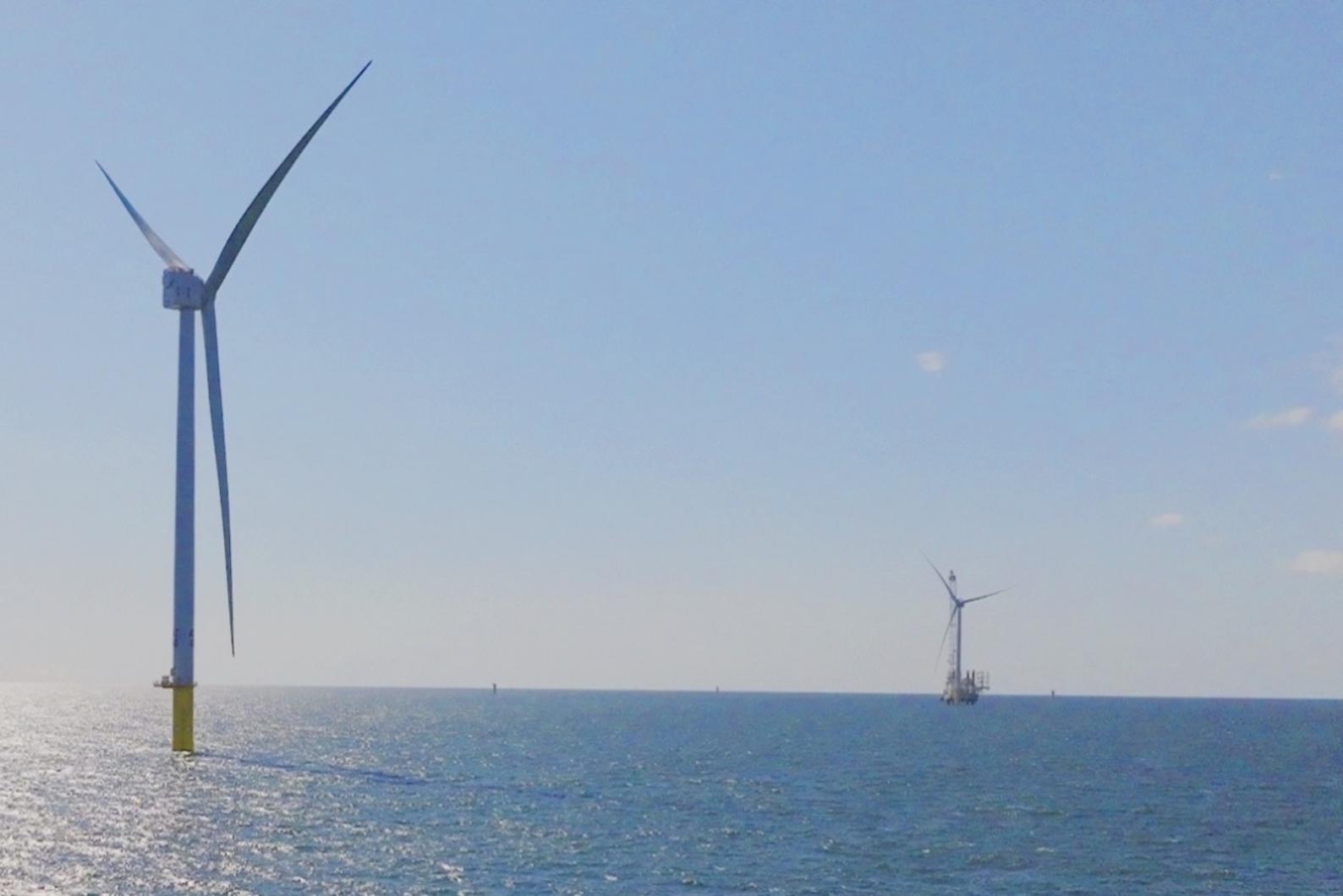A program aimed at compensating fishermen for lost revenues during the construction and operation of the first offshore wind farm south of the Vineyard will not benefit Island-based fishermen, according to a representative from the Martha’s Vineyard Fishermen’s Preservation Trust.
On Monday, March 4, Vineyard Wind parent company Avangrid announced the opening of applications for its fisheries compensation fund, a pot of money available to fishermen who have operated in waters where 62 offshore wind turbines are currently being constructed about 14 miles off the Island.
The fund, operated by a third party, holds $19.1 million available for fishermen in Massachusetts, along with $7.5 million for other impacted states.
“By launching this program we are making good on our promise to work with the fishing industry to address financial impacts related to the development of this project,” said Avangrid CEO Pedro Azagra, in a statement.
But according to Martha's Vineyard Fishermen's Preservation Trust president John Keene, the restrictive requirements to qualify for the fund will leave local fishermen in the lurch.
“Unfortunately, there’s not one Island fisherman that qualifies for the mitigation,” Mr. Keene said in an interview with the Gazette.
Fishermen must prove that they spent at least three years from 2016-2022 fishing in the area leased to Vineyard Wind, according to Avangrid.
“[The lease areas] are just parallelograms, you know, all nice and neat on the chart. But obviously, fish don’t swim in parallelograms, ecosystems don’t survive in parallelograms,” said Mr. Keene, who has represented Island fishermen in talks with Vineyard Wind.
While no Island fishermen operate in those waters, the construction of the farms could impact their livelihood in other ways, Mr. Keene said. Other state fishermen might begin to move into Island waters, increasing competition, while fishermen who operate near the border of the lease area will be left without compensation.
Mr. Keene also noted that money from the fund will go to vessel owner/operators, who are not obligated to distribute funds to their crew. Island fishermen who crew for New Bedford-based vessels as part of the season, therefore, might also be left out of the compensation, even if they work on ships in the lease area.
“It’s a very complicated process and problem,” he said. “Vineyard Wind has been very proactive as a company to deal with it, but they don’t have all the answers.”
For now, while the Island has been left out of this round of funding, Mr. Keene said he is using this experience to prepare for future offshore wind energy projects planned in waters frequented by Vineyard fishermen.
“There’s so many wind companies down the line that haven’t activated the lease areas yet,” he said. “It won’t matter this time around. But next time around, you might set a template that people can follow.”







Comments (2)
Comments
Comment policy »